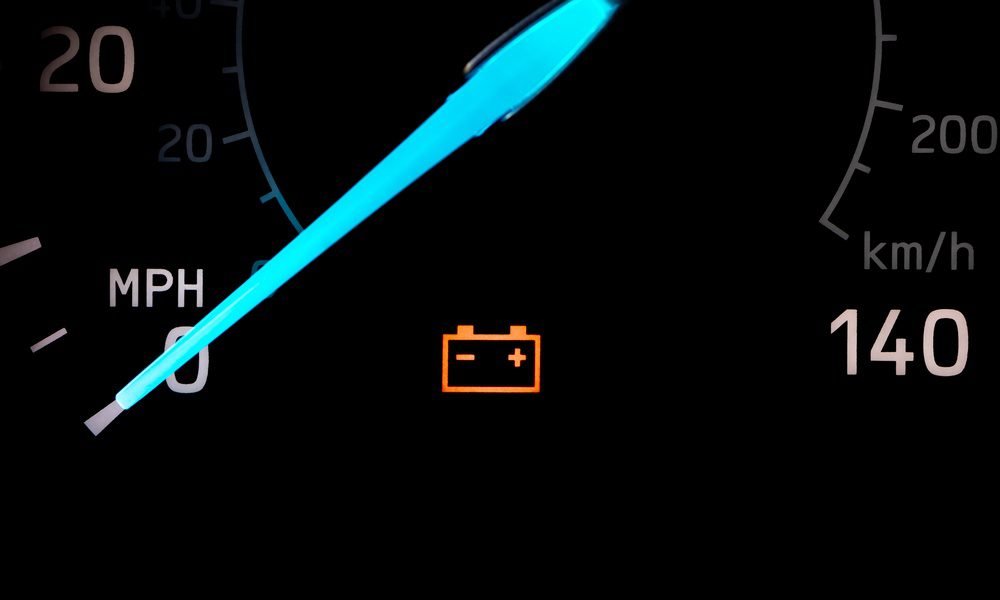The alternator is the heart of your car’s electrical system. Therefore, problems with the part spell trouble for many essential functions in your vehicle. Learn more about what your car’s alternator is, how to tell if something is wrong, and how to approach fixing it.
What Is the Alternator?
The alternator is an essential part of your car’s electrical system. It generates power by converting mechanical energy into electrical energy. Essentially, the alternator keeps your battery charged and provides electricity for the headlights, radio, air conditioning, and other features. While the battery starts your car, the alternator powers it while the engine runs. Without a functioning alternator, your car’s electrical systems may fail, and your engine may develop issues with stalling.
Signs Something Is Wrong
If the alternator is acting up, your car will let you know. These symptoms can start small but often worsen over time. Watch out for the following most common signs.
Dim or Flickering Lights
Are your headlights or interior lights dimming or flickering? Your car’s alternator might not be producing enough electricity, causing insufficient power for the lights to function properly.
Strange Noises
A failing alternator can produce whining, grinding, squeaking, and other concerning sounds. These noises indicate worn-out bearings or other internal parts that are no longer working as they should.
Battery Problems
If your car battery keeps dying even after you’ve replaced or charged it, the alternator might be responsible. Since the alternator charges the battery while the engine runs, a faulty alternator won’t supply enough power, letting the battery drain away.
Warning Light on the Dashboard
If the little red warning light that looks like a battery pops up on your dashboard, the alternator could be at fault.
Electrical Malfunctions
Having trouble controlling your windows, reading the dashboard display, or listening to the radio cut in and out? Faulty alternators often cause electrical components to behave erratically because there isn’t enough power to keep them running smoothly.
What To Do
If you suspect an issue, you have to do something about it. The good news is that fixing automotive electrical problems isn’t all that difficult if you know what to do. All it takes is scheduling an appointment with a mechanic. Before the appointment, try to pinpoint and research the issue yourself so you can have informed conversations with the experts. Once they resolve the issue, get advice on how to prevent the problem from occurring again, whether that’s scheduling maintenance more regularly or cleaning your battery terminals more frequently.
Overall, knowing how to tell if something is wrong with your car’s alternator can save you time, money, and a lot of frustration. By staying informed and reacting promptly to signs of trouble, you’ll save your car from costly damage and experience better performance.
